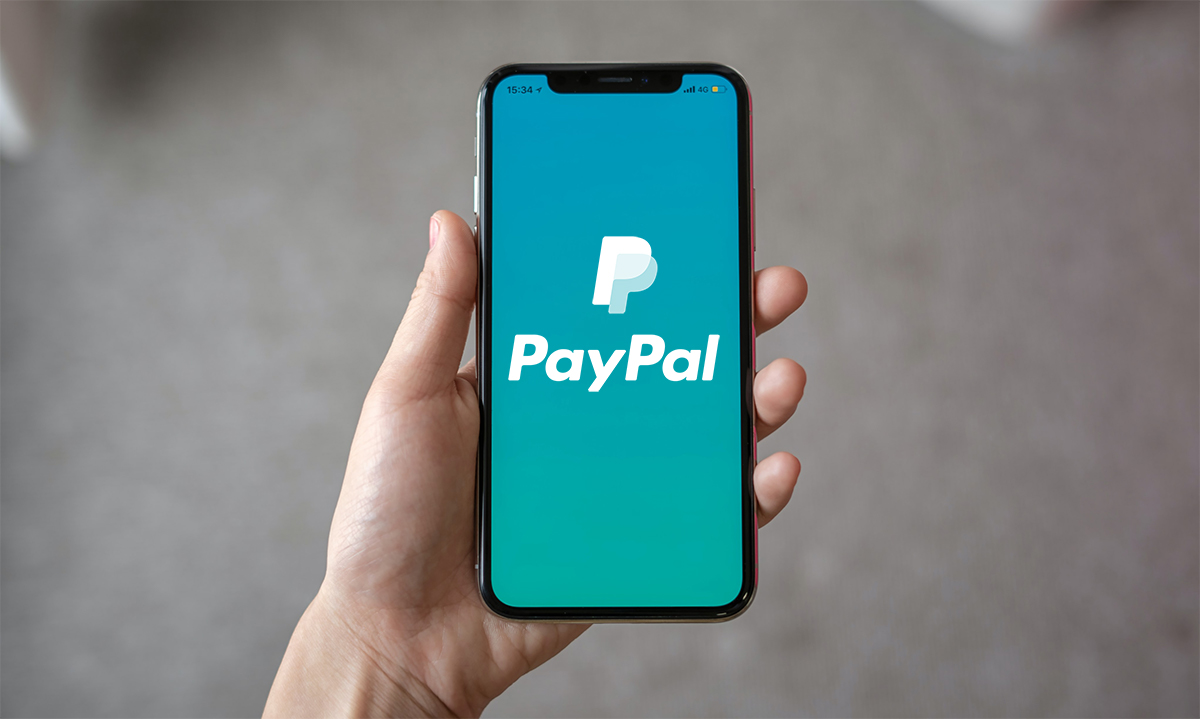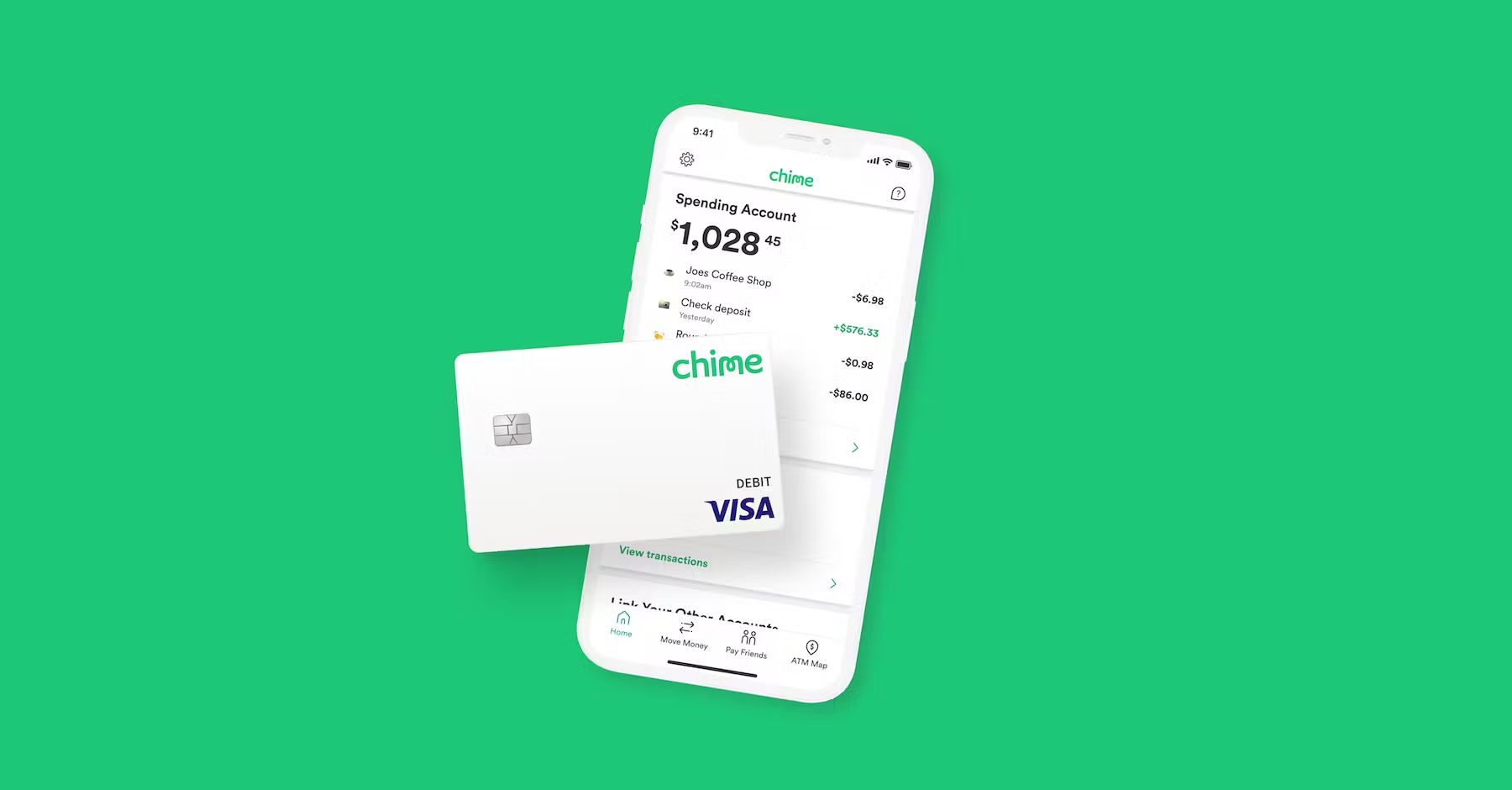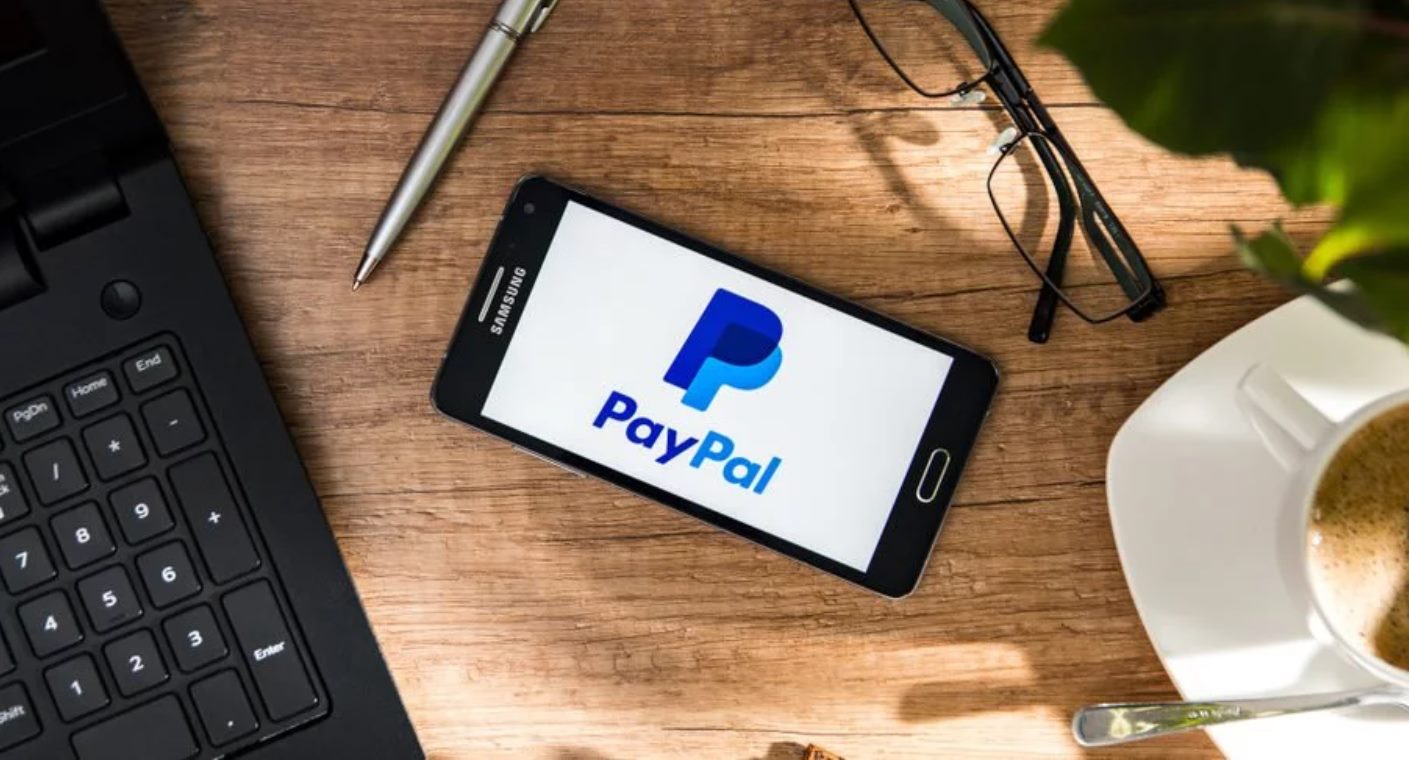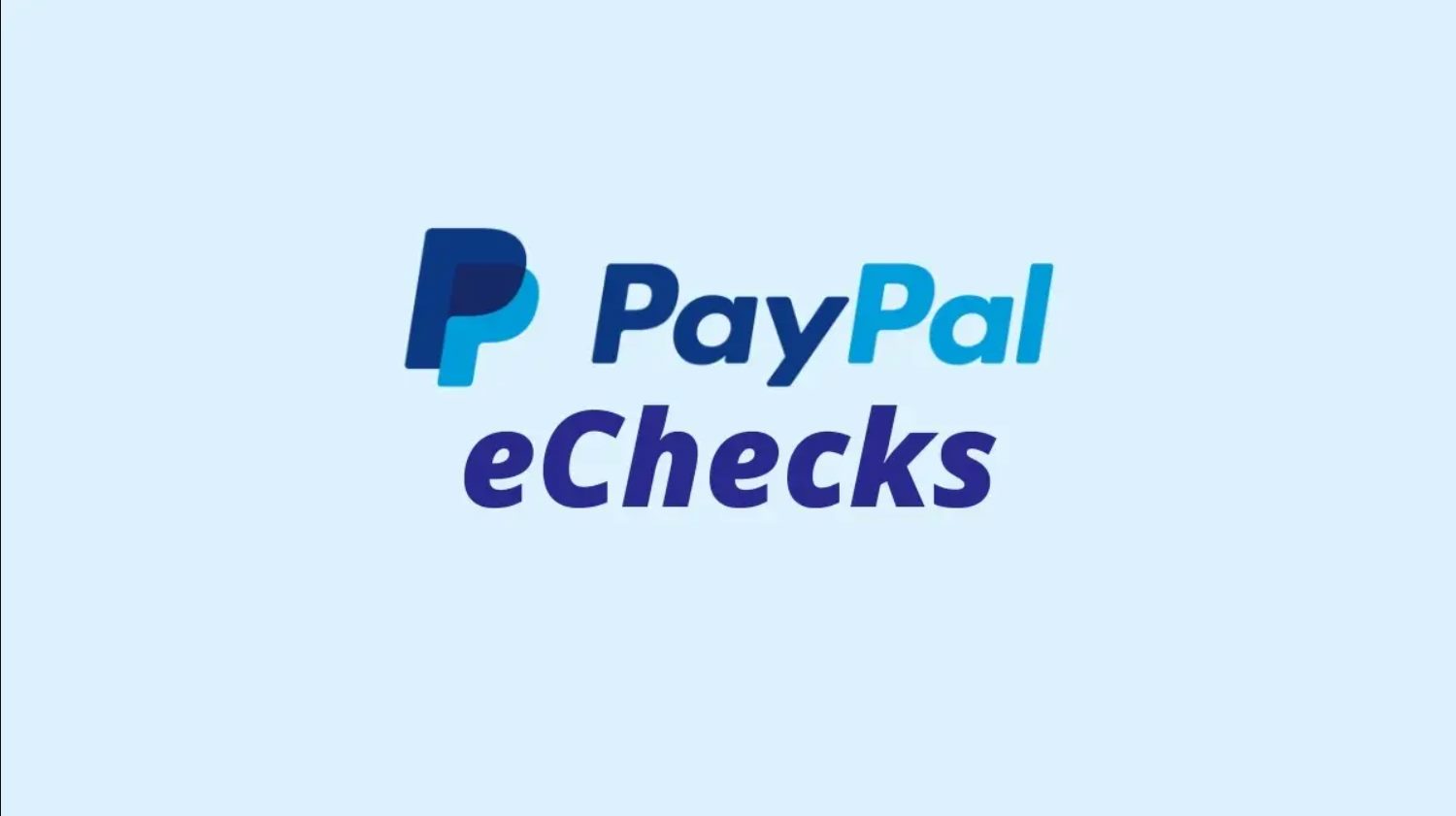Introduction
Welcome to the world of online money transfers! In today’s digital age, sending and receiving money online has become easier and more convenient than ever before. With platforms like PayPal, you can transfer money to friends, family, or businesses all around the globe with just a few clicks. However, you might have experienced a situation where your money transfer on PayPal is pending. This can be frustrating and confusing, leaving you wondering why the transfer is stalled and when it will be completed.
In this article, we will explore some of the common reasons why money transfers on PayPal may be pending. Whether you’re a new user or have been using PayPal for a while, understanding these reasons can help you navigate through the process more smoothly and avoid unnecessary delays and frustrations.
It’s important to note that while PayPal is a trusted and reputable platform, certain security measures and protocols are in place to protect both the sender and the recipient. These measures aim to prevent fraudulent activities, ensure compliance with regulatory requirements, and maintain the integrity of the PayPal ecosystem. As a result, some transactions may undergo additional scrutiny or verification, leading to a pending status. By familiarizing yourself with these reasons, you can better understand why your money transfer is pending and take the necessary steps to resolve the issue.
Reason 1: New Account or High-Risk Activity
One possible reason for your money transfer on PayPal being pending is if you have recently opened a new account or if there is a suspicion of high-risk activity. PayPal has robust risk management systems in place to protect the interests of its users and to prevent fraudulent transactions. As a result, new accounts or accounts with unusual or high-risk activity may be subject to increased scrutiny.
When you open a new PayPal account, it is important to establish a track record of legitimate and consistent transactions to build trust with PayPal. In some cases, PayPal may place a hold on your funds to verify your identity, gather additional information, or assess the risk associated with your account. This holds your money temporarily until the necessary checks are completed.
Similarly, if PayPal’s risk management systems detect suspicious or potentially fraudulent activity, they may temporarily suspend your account or hold funds to protect you and other users from potential losses. This may happen if there is a sudden increase in transaction volumes, unusually large transactions, or transactions involving high-risk countries or industries.
If your money transfer is pending due to a new account or high-risk activity, there are steps you can take to resolve the issue. In such cases, it is advisable to contact PayPal’s customer support for assistance. They will guide you through the verification process and provide you with the necessary instructions to lift any restrictions or holds on your account. Providing accurate and timely information will help expedite the resolution of the pending status and ensure the smooth flow of future transactions.
Reason 2: Insufficient Balance or Unverified Bank Account
Another common reason for a money transfer on PayPal to be pending is if you have insufficient balance in your PayPal account or if you have not yet verified your bank account. PayPal requires sufficient funds in your account to complete a transfer successfully. If the account balance is insufficient, PayPal will delay the transfer until you add more funds to cover the transaction.
Verifying your bank account is an essential step in ensuring smooth and uninterrupted money transfers on PayPal. By linking and verifying your bank account, you provide PayPal with additional security and confidence in your transactions. If your bank account is not yet verified, PayPal may place a hold on your transfers as a precautionary measure.
To resolve the pending status due to insufficient balance or an unverified bank account, here are a few steps you can take. First, ensure that you have sufficient funds in your PayPal account to cover the transfer. If necessary, add funds from your linked bank account or other funding sources. Additionally, if your bank account is not yet verified, follow PayPal’s instructions to complete the verification process. This may involve confirming small deposit amounts or linking your bank account using a code provided by PayPal.
Once your account has sufficient funds and your bank account is verified, PayPal will process your money transfer promptly, and the pending status will be resolved. It is crucial to maintain a balance in your PayPal account and keep your bank account verification up to date to avoid any unnecessary delays or interruptions in your future transactions.
Reason 3: Security Reviews or Fraud Prevention Measures
PayPal prioritizes the security of its users and actively monitors transactions for potential fraudulent activity. As part of their robust fraud prevention measures, PayPal may conduct security reviews on certain transfers, leading to a pending status. These reviews are in place to protect both the sender and the recipient from unauthorized transactions, identity theft, and other fraudulent activities.
During a security review, PayPal’s system analyzes various factors such as transaction amount, location, recipient, and previous transaction history to ensure the legitimacy of the transfer. If the system detects any anomalies or triggers a security alert, the transfer may be temporarily put on hold until the review is completed.
In some cases, PayPal may reach out to you to gather additional information or document verification to strengthen the security of the transaction. This could involve confirming your identity, providing proof of purchase or delivery, or explaining the nature of the transfer. These extra steps may seem inconvenient, but they are crucial in maintaining the integrity of the PayPal platform.
If your money transfer is pending due to a security review or fraud prevention measure, there are a few things you can do to expedite the process. Firstly, ensure that your contact information on PayPal is accurate and up to date so that you can receive any communication from PayPal promptly. Secondly, respond to any requests or inquiries from PayPal as soon as possible. By providing the requested information or documentation promptly and accurately, you can help resolve the pending status more quickly.
Remember, while security reviews and fraud prevention measures may cause temporary delays in your money transfers, they ultimately serve to protect you and maintain a secure payment ecosystem. It is essential to cooperate with PayPal during these processes to ensure the safety of your transactions and prevent any potential fraudulent activities.
Reason 4: Pending eCheques or Pending Currency Conversion
If your money transfer on PayPal is pending, it could be due to the use of eCheques or the need for currency conversion. These factors can introduce a delay in completing the transaction, resulting in a pending status.
eCheques, or electronic cheques, are a form of payment where funds are transferred from your bank account to PayPal. Unlike instant transfers, eCheques take longer to process as they need to be cleared by the bank. PayPal holds the funds until the eCheque is completed, ensuring that the payment is successfully processed. This can result in a pending status for your money transfer until the clearance process is finalized.
Another reason for a pending money transfer is currency conversion. If you are sending money in a currency different from your primary currency on PayPal, the platform will convert the currency at the current exchange rate. Currency conversion may lead to a temporary hold on the transfer until PayPal completes the conversion process. During this time, the transfer will be marked as pending.
To resolve the pending status caused by eCheques or currency conversion, patience is key. eCheques typically take a few business days to clear, but the exact timing may vary depending on your bank and other factors. Once the eCheque is cleared, the transfer will be completed, and the pending status will be resolved. Similarly, currency conversion may take a short period, usually a few minutes to a few hours, depending on the amount and currency involved.
It is important to note that the timing for eCheques and currency conversion is beyond PayPal’s control, as it depends on external factors such as banking processes and exchange rates. If your money transfer is still pending beyond the expected timeframe, it is advisable to contact PayPal’s customer support for assistance. They can investigate the issue further and provide you with an update on the status of your transfer.
Being aware of the potential delays caused by eCheques or currency conversion will help you set the right expectations and avoid unnecessary frustration. Remember to plan your transactions accordingly, especially if you are under time constraints or require immediate funds to be available to the recipient.
Reason 5: Disputes, Chargebacks, or Account Limitations
Disputes, chargebacks, or limitations on your PayPal account can also lead to a pending status for money transfers. PayPal prioritizes buyer and seller protection by offering mechanisms for dispute resolution and chargebacks. If a dispute or chargeback has been initiated for a transaction involving your account, PayPal may temporarily hold the funds until the issue is resolved.
A dispute can arise when a buyer raises a concern or raises a claim regarding a transaction. PayPal will investigate the dispute and may place a hold on the funds related to the disputed transaction until a resolution is reached. Similarly, a chargeback occurs when a buyer contacts their credit card issuer to dispute a charge. PayPal will initiate the chargeback process and may hold the funds until the chargeback is finalized.
In addition to disputes and chargebacks, account limitations can also result in a pending status for money transfers. PayPal may restrict certain account functionalities if suspicious or unusual activity is detected. This limitation can include temporarily holding funds until the account is verified or the issue is resolved. Account limitations are put in place to protect both the account owner and the PayPal ecosystem from potential fraudulent or unauthorized activity.
To resolve the pending status caused by disputes, chargebacks, or account limitations, it is essential to actively engage in the resolution process. If a dispute or chargeback is initiated against your account, PayPal will notify you and provide instructions on how to respond and provide relevant information or evidence to support your case. By promptly and thoroughly addressing the dispute or chargeback, you increase the chances of a favorable outcome and the resolution of the pending status.
If your account has been limited, follow PayPal’s instructions to verify your account or complete any necessary steps. By cooperating with PayPal and providing the requested information, you can help expedite the resolution process and regain full access to your account.
Remember, disputes, chargebacks, and account limitations are part of PayPal’s commitment to maintaining a safe and secure payment platform. It is important to respond to these situations promptly and work towards a resolution to minimize any potential impact on your money transfers.
Reason 6: Delayed Bank Transfers or Network Issues
Sometimes, the delay in money transfers on PayPal can be attributed to external factors such as delayed bank transfers or network issues. While PayPal processes transactions efficiently, it relies on the banking system and other network components to complete the transfer successfully. Any delays or disruptions in these external systems can result in a pending status for your money transfer.
Bank transfers typically take a certain amount of time to process, especially if the transfer involves different financial institutions or international transactions. PayPal cannot control the speed at which banks process transfers, and sometimes, it may take longer than expected for the funds to be received or sent to your PayPal account.
Network issues can also contribute to delays in money transfers. The internet, telecommunications networks, or other technical infrastructure that PayPal relies on may experience temporary interruptions or slowdowns. These issues can temporarily impact PayPal’s ability to process transfers, leading to a pending status until the network issues are resolved.
In situations where your money transfer is pending due to delayed bank transfers or network issues, it is advisable to monitor the status and give it some time. In most cases, the transfer will be processed once the external systems are functioning properly. However, if the pending status persists beyond a reasonable timeframe or if you require immediate assistance, it is recommended to reach out to PayPal’s customer support. They can provide further information, update you on any known issues, and guide you on the best course of action.
While delays caused by external factors can be frustrating, it is essential to keep in mind that PayPal strives to provide a reliable and efficient payment service. By being patient and staying informed, you can navigate through these temporary hurdles and ensure that your money transfer is completed successfully.
Reason 7: Account Verification or Upgrading
Another reason for a money transfer on PayPal to be pending is when there is a need for account verification or upgrading. PayPal implements various measures to ensure the security and integrity of its payment platform, including requesting additional verification or upgrading user accounts to enhance their features and capabilities.
If your account is not yet fully verified, PayPal may place a hold on your money transfers until the verification process is completed. Verification typically involves confirming your identity, validating your contact information, or providing other supporting documents requested by PayPal. Once your account is successfully verified, the pending status will be resolved, and your money transfers will proceed smoothly.
Similarly, PayPal occasionally upgrades user accounts to provide additional functionality, such as higher transaction limits or access to advanced features. During the upgrading process, PayPal may temporarily hold money transfers as a precautionary measure. This ensures that the account’s new features and capabilities are properly activated and integrated before allowing the transfers to go through.
To address the pending status caused by account verification or upgrading, it is crucial to follow PayPal’s instructions and promptly provide the requested information or complete the necessary steps. Make sure to check your email or account notifications regularly for any messages or alerts from PayPal regarding the verification or upgrading process. By cooperating and promptly fulfilling the requirements, you can ensure a smooth transition and avoid unnecessary delays in your money transfers.
Remember, account verification and upgrading are essential steps to maintain the security and functionality of your PayPal account. By proactive engagement and timely responsiveness, you can expedite the verification or upgrading process, resulting in a seamless experience for your future money transfers.
Reason 8: Failed Bank Transactions or Other Payment Issues
The final reason for a money transfer on PayPal to be pending is if there are failed bank transactions or other payment issues. PayPal relies on the cooperation and functionality of your bank or other payment methods to complete the transfer smoothly. If there are any issues during the payment process, such as insufficient funds, incorrect account information, or technical problems with the payment method, the transfer may be marked as pending.
One common scenario is when you attempt to transfer funds from your bank account to PayPal, but the transaction fails due to insufficient funds. In such cases, PayPal will put the transfer on hold until there are sufficient funds in your bank account to cover the transaction amount. Once the issue is resolved, the pending status will be lifted, and the transfer will be completed.
Similarly, if there are errors or discrepancies in the account information or payment method details provided, PayPal may temporarily hold the transfer until the information is corrected or verified. This is done to ensure the accuracy and integrity of the payment process, minimizing the risk of any fraudulent or unauthorized transactions.
Other payment issues, such as technical glitches or communication errors between PayPal and your bank or payment provider, can also result in a pending status. These issues can cause delays in processing payments or transferring funds, creating a temporary hold on the transfer until the issue is resolved.
To address the pending status caused by failed bank transactions or other payment issues, it is important to review and verify the accuracy of the account information and ensure that sufficient funds are available when initiating transfers. If you encounter any payment issues, it is recommended to contact PayPal’s customer support or reach out to your bank or payment provider for assistance. They can help troubleshoot the problem and provide guidance on resolving the issues to ensure the successful completion of your money transfer.
By being proactive and vigilant with your account information and payment details, you can minimize the occurrence of payment issues and reduce the likelihood of transfers being marked as pending.
Conclusion
In conclusion, there are various reasons why a money transfer on PayPal may be marked as pending. Understanding these reasons can help you navigate through the process more effectively and avoid unnecessary frustration. Whether it’s due to new accounts, high-risk activity, insufficient balance, unverified bank accounts, security reviews, pending eCheques, currency conversion, disputes, account limitations, delayed bank transfers, or other payment issues, each situation requires a different approach for resolution.
It is important to remain patient and proactive when faced with a pending money transfer. Follow PayPal’s instructions, provide necessary information promptly, and cooperate with any verification or resolution processes. If the pending status persists or if you have specific concerns, don’t hesitate to reach out to PayPal’s customer support for assistance. They are there to help you navigate through any challenges and provide guidance to resolve the pending status.
Remember, PayPal’s priority is to protect the security and integrity of its platform and ensure a seamless experience for its users. By understanding the reasons behind pending money transfers, you can take the necessary steps to ensure a smoother and more efficient transaction process in the future.
Lastly, keep in mind that external factors such as bank processes, network issues, and other payment-related hiccups may contribute to pending status as well. Stay informed about any known issues and be prepared for potential delays. By maintaining open lines of communication and staying attentive to resolver guidelines, you will be better equipped to handle and resolve any pending money transfers on PayPal.

























